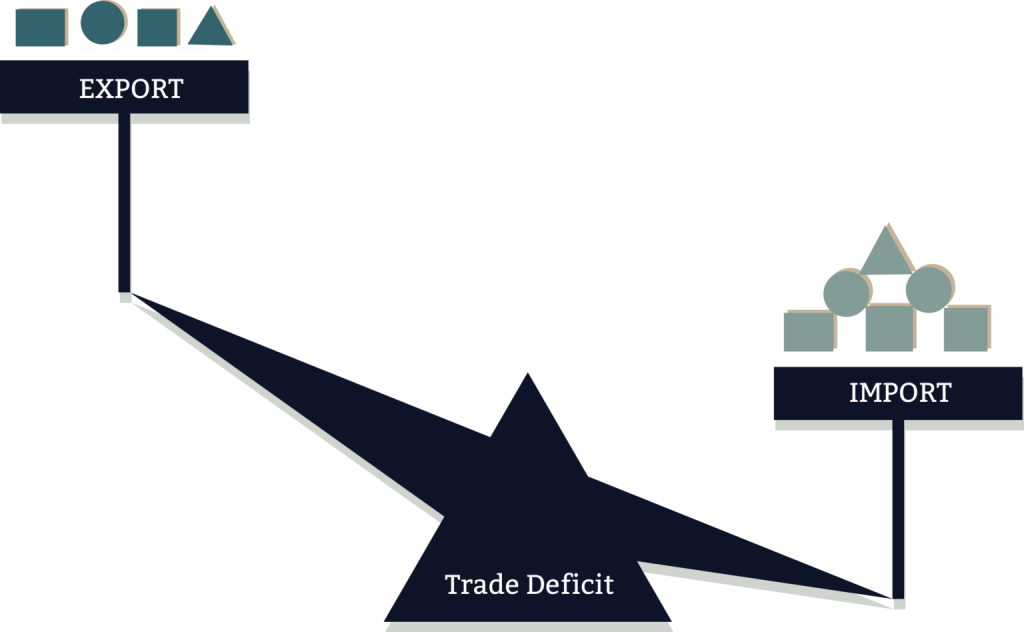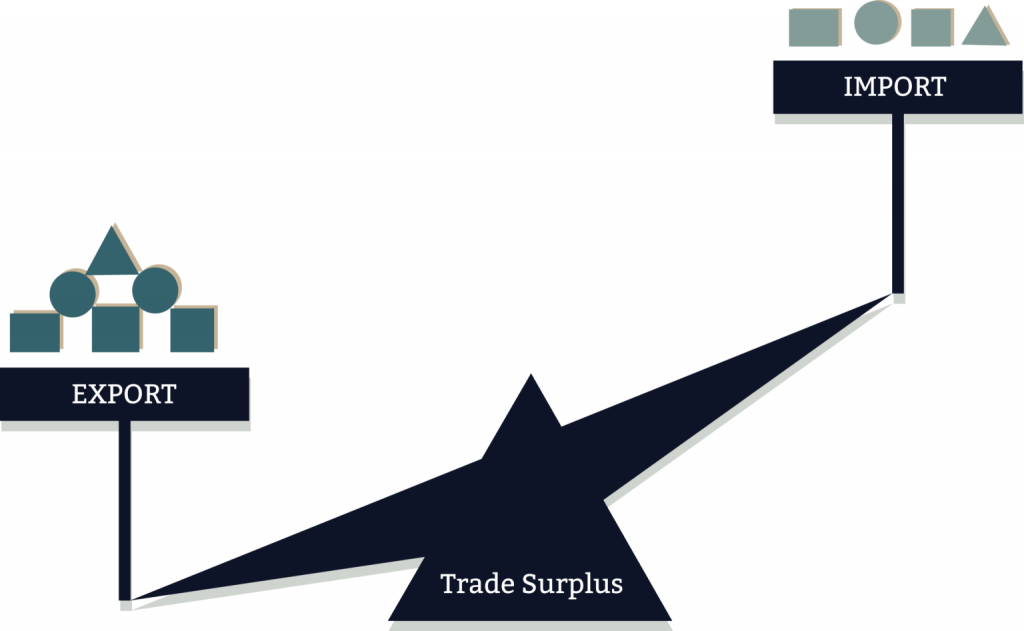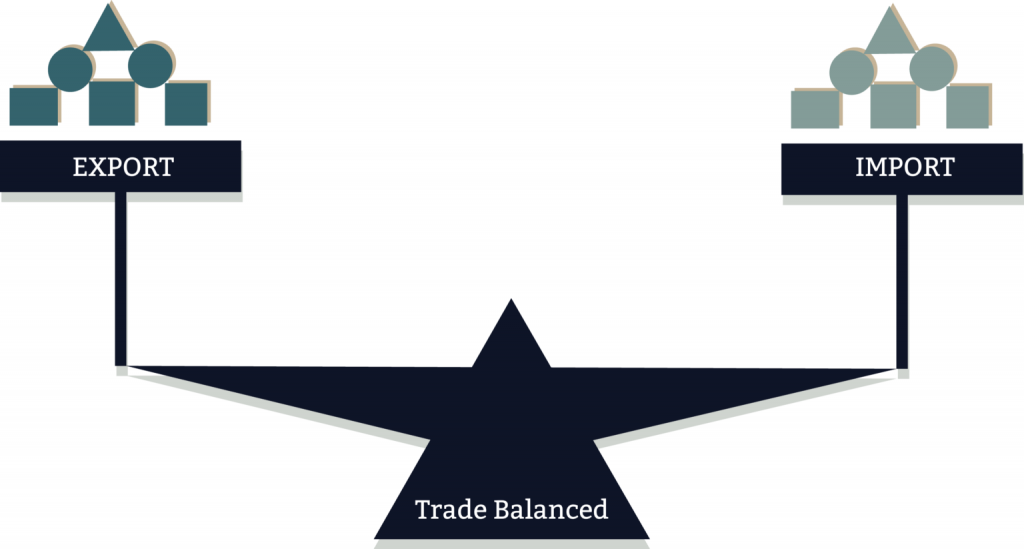Module 1
Chapter 1
Chapter 1: Abc of import-export
1.1 What is export?
In simple terms, Exports can be defined as the selling of goods or services which have been produced domestically (in one’s locality or country) to a foreign country. The goods may be shipped by air, water, or land. It may be in form of services rendered through emails or video/ telephonic conferences. Exports are all those commodities or services that have been bought by foreign countries, however, the manufacturing of the products have been in the native country.
In legal terms, as per Section 2 (e) of the India Foreign Trade (Development & Regulations) Act (1992), an act of taking out of India any goods by land, sea, or air and with a proper transaction of money is called Export.
Now that we have a clear idea on what Export is, we can quickly transition to what Import is.

1.2 What is import?
Import is the buying of goods and services by a resident of a country from non-residents (i.e. from residents of another country).
Let us consider two countries: the United States of Dhokalpur and the Republic of Phulera involved in import-export trade.
Import by the United States of Dhokalpur implies export by the Republic of Phulera
Export by the United States of Dhokalpur implies import by the Republic of Phulera
Import and export come together to maintain a country’s trade balance.
Whenever the trade balance is disturbed, we encounter conditions known as the trade surplus or trade deficit.
Now, there is no need to panic as these two terms are not as complex as they sound. If we search in the dictionary, we will find that the word surplus simply means “Excess” and the word deficit means “Short-fall”.
If we have reached this stage, we already have enough information to ask the million-dollar question:

1.3 Why export?
There are various reasons why you should, but here we will point out the important ones.
- Export is the ONLY source of foreign revenue (income earned from transactions with foreign countries). We challenge you. There is no other source of foreign revenue other than export.
- Companies that export acquire a greater sense of reliability than domestic companies with domestic business only. Trust us on this. If a manufacturer during his reach-out to his clients, adds in his presentation, “We export our products to X, Y, and Z countries as well”, he will surely be a top priority for his clients.
- Businesses with other countries lead to a steady exchange of ideas and therefore helps in the establishment of a vast trade platform.
- Business in foreign lands makes a manufacturer compete with foreign competitors. As a result, to survive in the market, the exporting manufacturer is bound to upgrade his/her manufacturing equipment and the quality of manufactured products.
- Exporting products allow manufacturers to safeguard themselves from the seasonal lack of demand in their own country. Wondering how? Let us look at the example below

For Example:
Mr. Khalid is a businessman based in Yemen whose company produces carpets. A civil war has been raging in Yemen for the last 5 years which is hampering trade and business to a great extent in the country. Mr. Khalid, being intelligent and eager to expand made all possible arrangements to exports his top-grade goods to developing nations like India. As a result, Mr. Khalid has been able to generate profit from his business even though his country has moved into an economic slowdown.
We can now conclude from the above discussion that “to be a great businessman one has to be smart and every smart businessman EXPORTS”.
Let us now walk together on the steps of being a successful exporter.
